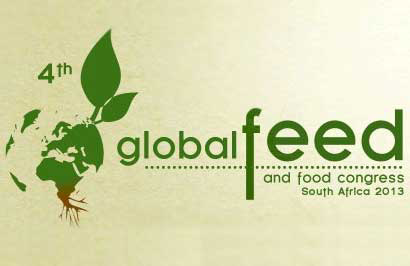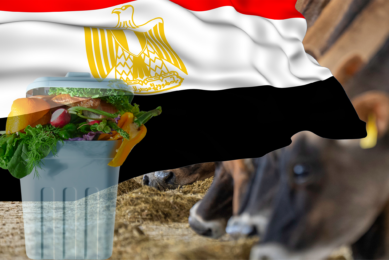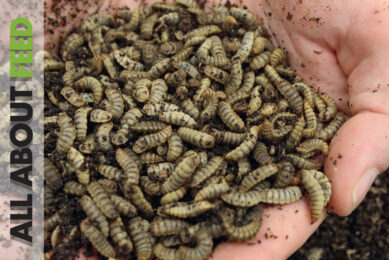Positive signals for feeding 9.3 billion in 2050

How to feed a population of 9.3 billion in 2050 and the staggering growth in demand for animal protein proved to be the main questions on the fourth Global Feed & Food Congress (GFFC), opened this week in Sun City, South Africa.
Related topics were sustainability, science, nutrition, hygiene and latest developments in all sectors attracted 650 delegates from all around the world to the resort town in South Africa.
The three day conference is organised by the International Feed Industry Federation (IFIF), with technical support from the Food and Agriculture Organization of the United Nations (FAO) and hosted by the Animal Feed Manufacturers Association of South Africa (AFMA). The programme is paying special attention to Africa, the continent with the biggest growth potential in the feed and animal sectors.
Hlengiwe Buhle Mkhize, deputy minister of Economic Development of the Republic of South Africa, urged in her opening address, that delegates to learn from each other and to recognise the “importance of technology transfer and partnerships, which are key to increase global feed and food production and food security worldwide.”
All key note speakers said they were confident the industry will be able to feed an extra 2.3 billion people worldwide. Attached to production growth through efficiency and science, fair and free trade, better distribution of the available food, investment by governments in agriculture and all, social aspects should play an important role according to many speakers. “All our efforts for a safe and sufficient food supply, fair and free trade, will not be sustainable without tackling unemployment. We must make sure we are not contributing to the problem [by being inefficient]”, said Loutjie Dunn, chairman of the Animal Feed Manufacturers Association of South Africa (AFMA).











